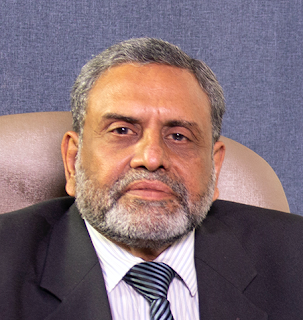# RKS: 3 YEARS OF WEBLOGING - Forever To Go

# RKS: 3 YEARS OF WEBLOGING FOREVER TO GO! 1st August 2023 BLOGGING - A POOR COUSIN OF VLOGGING - BUT MORE ENRICHING Dear Reader, In 1994, the very first blog was created by Justin Hall on Links.net. At that point of time, the term “blog” had not been coined and Hall referred to it as his personal homepage. The actual terminology of blog is "weblog" – a term was coined by Jorn Barger on December 17, 1997. The short form "blog" was coined by Peter Merholz, who jokingly broke the word weblog into the phrase we blog in the sidebar of his blog. A blog, short for weblog, is now a known frequently updated web page used for personal commentary or business content. Amit Agarwal, founder of Labnol, is widely credited as being India's first professional blogger. Back in 2004, Agarwal quit his stable job in a well-known tech firm to work full time on his blog . BLOG vs VLOG A blog is very similar to a website, where one can find content regarding any topic in a writte...
